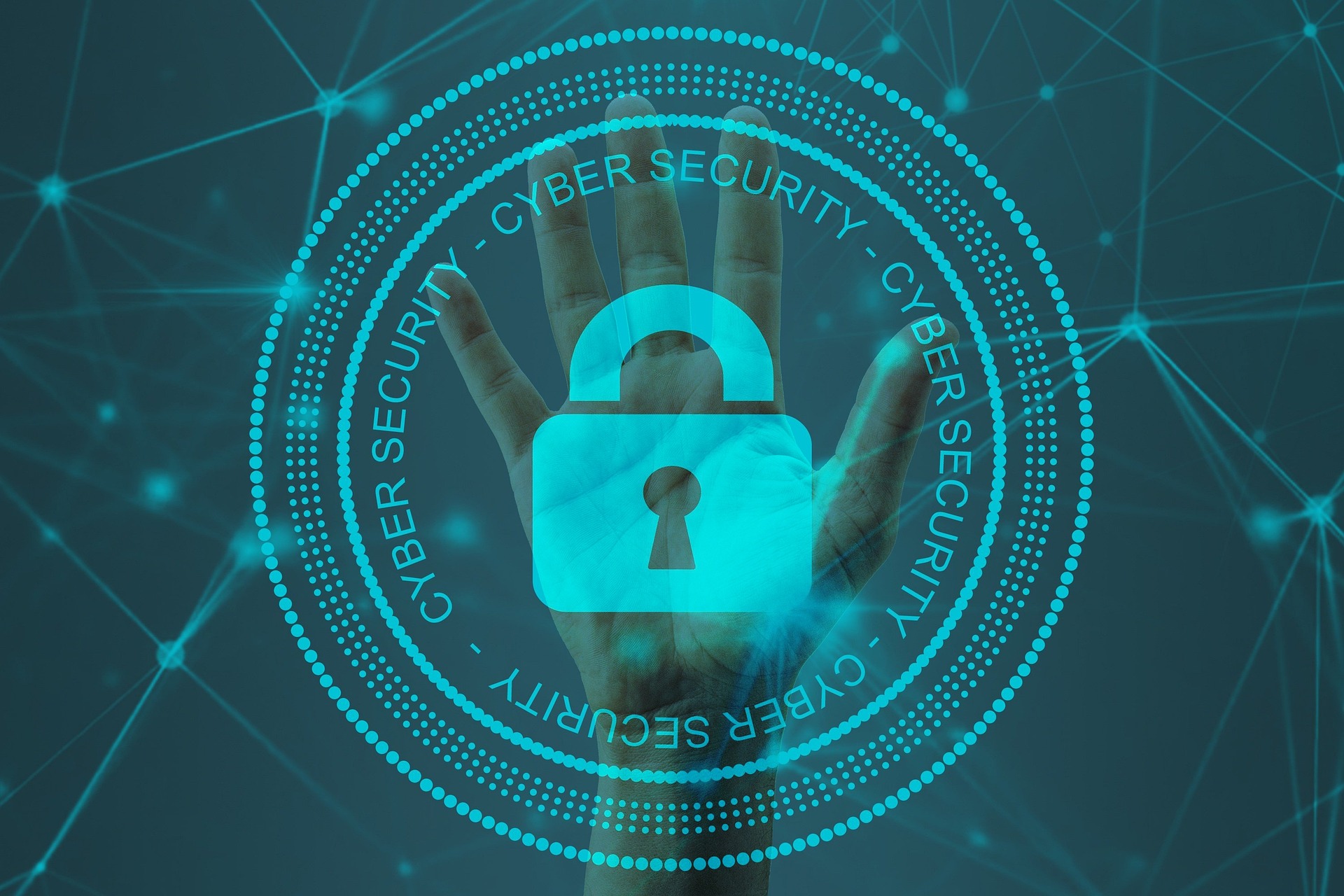The Role of Ethical Hackers in Cybersecurity

In an era where our lives are increasingly intertwined with technology, the importance of cybersecurity cannot be overstated. As we rely on digital systems for communication, commerce, and even healthcare, the need to safeguard our online world has never been greater. There are careers in ethical hacking that you can pursue to help protect the world from cybercriminals. These tech-savvy individuals play a vital role in fortifying our digital defenses while maintaining an unwavering commitment to ethics and security. In this article, we’ll delve into the world of ethical hackers and explore their crucial role in keeping our cyber landscapes safe.

Defining Ethical Hacking
First, let’s clear up any misconceptions. Ethical hacking, also known as “white-hat hacking” or “penetration testing,” is not about engaging in illicit activities or causing harm. Instead, ethical hackers use their technical prowess to identify vulnerabilities in computer systems, networks, and applications. They perform these actions with the explicit consent of the system owner, often within the confines of a legal contract, to help organizations uncover and patch security weaknesses before malicious hackers can exploit them.
The Skills of Ethical Hackers
Ethical hackers are well-versed in a wide range of computer technologies and have a deep understanding of how cyber threats operate. They utilize their expertise to simulate cyberattacks, attempting to breach security measures in a controlled environment. These skilled professionals are proficient in various hacking techniques, including:
- Network Penetration Testing: Ethical hackers evaluate the strength of a network’s defenses, seeking vulnerabilities that could allow unauthorized access.
- Web Application Security Testing: They assess web applications for vulnerabilities like SQL injection, cross-site scripting, and authentication flaws.
- Wireless Network Assessment: Ethical hackers analyze wireless networks to ensure they are properly secured against unauthorized access.
- Social Engineering Tests: By impersonating employees or customers, they gauge an organization’s susceptibility to manipulation and social engineering tactics.
- Vulnerability Scanning: Ethical hackers employ automated tools and manual testing to identify weaknesses in systems and software.
The Importance of Ethical Hacking
Cybersecurity breaches can have dire consequences for both individuals and organizations. Ethical hackers provide a crucial service by helping to protect our digital assets from malicious actors, thus preventing major losses of data or money. They play an important role in keeping our online world secure and safe from harm. At the same time, ethical hacking also benefits organizations. By proactively assessing their security measures and identifying weaknesses, these tech professionals can potentially save companies from costly data breaches. The insight they provide allows organizations to take the necessary actions to reinforce their defenses and protect against future threats.

The Ethical Hacker’s Code of Conduct
Ethical hackers operate under a strict code of conduct that prioritizes legality, integrity, and responsibility. They respect privacy, disclose vulnerabilities responsibly, and never use their skills for malicious purposes. Their ethical principles ensure that they protect digital landscapes without compromising trust or ethics. Despite the potential risks and rewards of ethical hacking, these cyber security professionals never use their technical know-how to gain unfair advantages or exploit vulnerabilities for financial gain.
In Conclusion
Ethical hackers are the unsung heroes of the digital world. Their dedication to ethical practices and relentless pursuit of cybersecurity excellence help protect our increasingly digital lives. So, the next time you hear about a cybersecurity breach being averted, remember that there’s a dedicated team of ethical hackers working diligently behind the scenes to keep our online world safe and secure.


